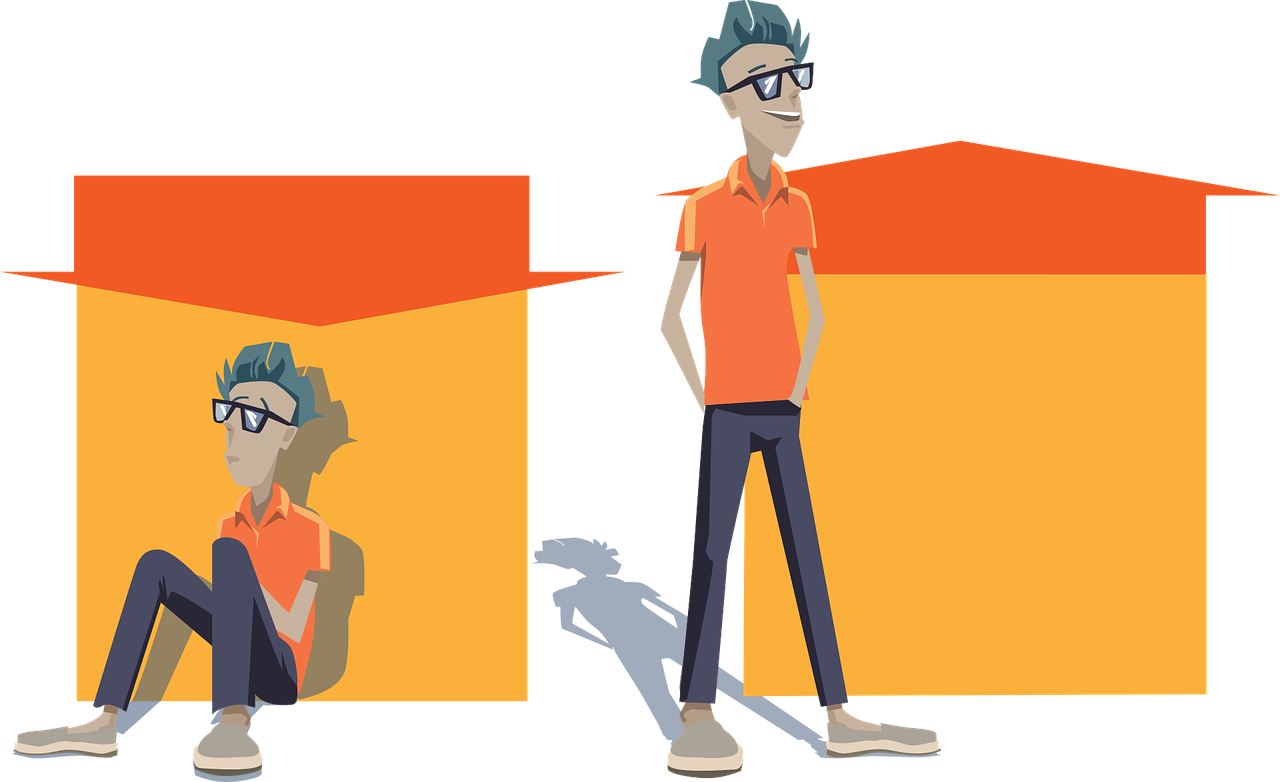
Social media has changed the way we interact with each other, but this new communication method hasn't been without drawbacks—one of them being an increased risk of depression. New research indicates that young adults who frequently visit social media sites like Facebook, Twitter, and Instagram are more likely to develop depression than their peers who aren't as active on these sites. Learn more about this growing problem and the ways social media may contribute to depression here.
What Causes Depression?
The exact cause of depression is still a mystery, but research points to a chemical imbalance in your brain. What exactly causes that imbalance? That's not entirely clear. (Source: Mayo Clinic) Is social media bad for You? There's no question social media is an important part of many people's lives—but if you find yourself constantly scrolling through Facebook or Instagram looking for validation, it could be bad for you.
What are the Symptoms of Depression?
Depression is a serious mood disorder that affects about 1 in 10 people. But there are some common signs to watch out for that can help you identify depression, especially if it's been long-term or recurrent. The symptoms of depression include, but aren't limited to, feeling sad or hopeless, experiencing loss of interest in activities you once enjoyed, losing energy, and feeling tired all of the time, sleeping too much or too little and changes in appetite.
How to Address the Problem
Depression is characterized by a pervasive low mood that affects your ability to enjoy life. If you're depressed, you feel sad or upset most of the time and have trouble experiencing pleasure. Feelings of hopelessness, guilt, helplessness, loss of appetite or problems sleeping can also accompany depression. Those with severe depression may even contemplate suicide or attempt it. Unfortunately, many people suffering from depression are reluctant to seek help for fear of being labeled crazy or weak. The truth is that mental illness carries no stigma at all—and there are effective treatments available.
The Unexpected Result
Too much of a good thing, whether it's chocolate or social media, can sometimes be bad for us. We all love to scroll through Facebook or Instagram, but it turns out that excessive time spent on these sites may lead to feelings of depression. In fact, recent studies have shown that individuals who spend more than two hours per day on social media are more likely to experience increased levels of anxiety and depression.
Some final thoughts on Social Media and Depression
Social Media isn't a bad thing in itself, but it can lead to some serious depression when you're on it all day long. The good news is that you can use social media as a catalyst for real-world interactions with friends. Don't just post or comment about your life; make plans with people—it's much more enjoyable that way! If you feel yourself becoming depressed from social media, take a break from it or limit your time online. You'll be glad you did.
Find a hobby or activity that lends itself to decompression
Having a hobby that lends itself to decompression is another
great way to help you achieve a work-life balance. Hobbies and
activities like reading, painting, gardening, or even playing a
sport can help you to decompress and relax. Having a hobby or
activity that you can do to relax and decompress will help you
to relieve stress, be more productive, and enjoy your life.
Conclusion
Work-life balance is a term that describes the balance between
the amount of time that you spend at work and the amount of time
that you spend on other aspects of your life, like family and
friends, rest, and recreation. There is no right or wrong way to
achieve work-life balance. All individuals are different and
have different priorities in their lives, which is why there's
no one-size-fits-all solution. However, by following these tips,
you will be well on your way to achieving a work-life
balance.